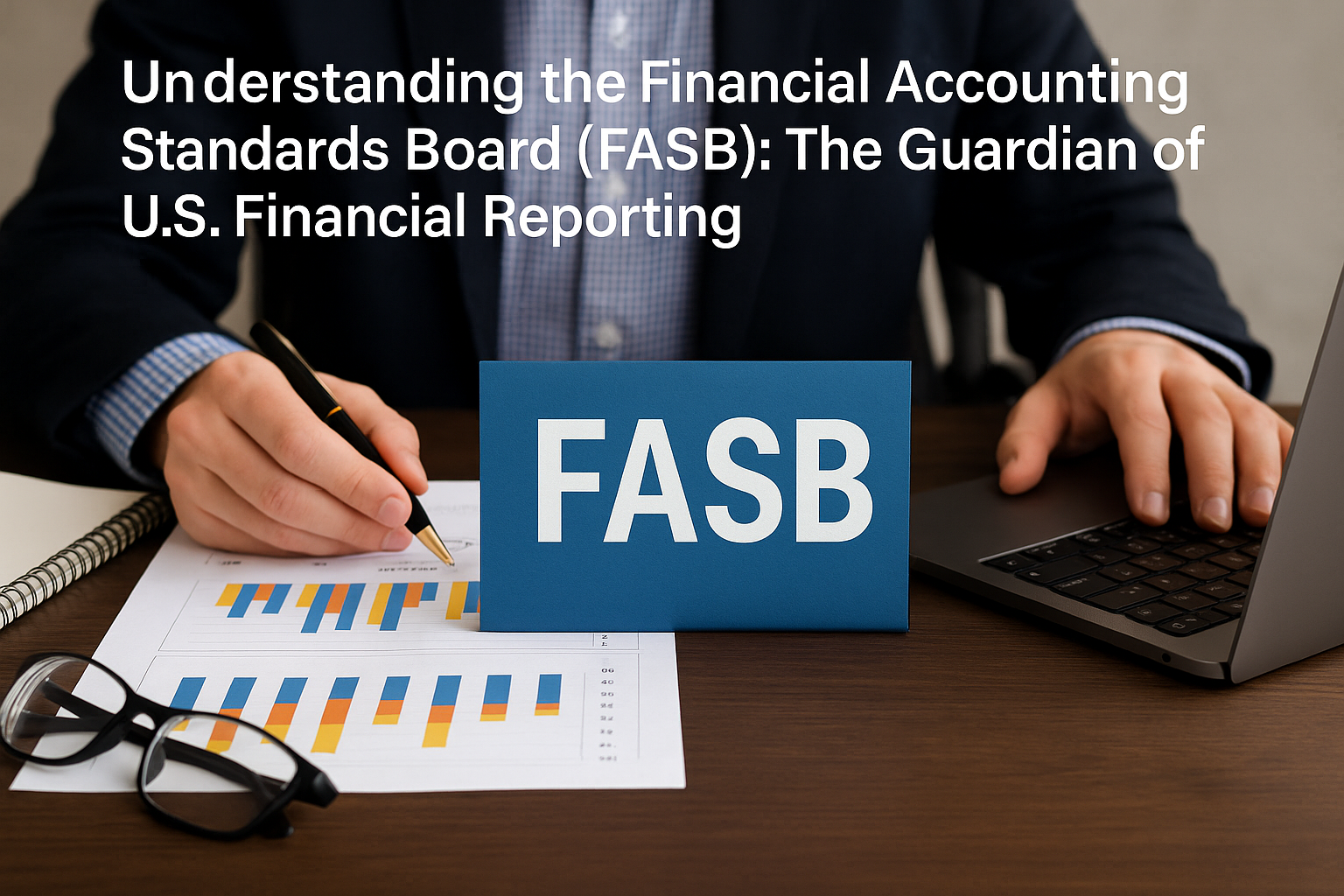
Accounting has always been the backbone of business management — ensuring accuracy, compliance, and financial health. But with technology reshaping every industry, accounting too is undergoing a major transformation. AI in accounting is redefining how businesses handle their finances, bringing automation and data intelligence into a field long dominated by manual processes.
So, how does AI-driven accounting differ from traditional accounting? And what does this shift mean for businesses, especially those involved in complex financial operations. Let’s explore in depth.
Traditional accounting relies heavily on manual processes, spreadsheets, and human intervention. Accountants record transactions, prepare financial statements, and ensure compliance with regulations, often spending hours reconciling accounts and verifying data accuracy.
While this method has been reliable for decades, it is also prone to human error and inefficiencies. Manual data entry, for instance, can result in mistakes that impact financial reporting. Moreover, traditional accounting can be time-consuming, especially for large organizations with complex financial operations.
AI in accounting refers to the integration of artificial intelligence technologies such as machine learning, robotic process automation (RPA), and natural language processing into financial management processes. AI-powered accounting systems can automate repetitive tasks, detect anomalies, and generate insights from vast amounts of financial data.
By leveraging AI, businesses can achieve higher accuracy, reduce operational costs, and make more informed financial decisions. AI tools can also predict cash flows, identify trends, and even assist in strategic planning, making accounting a more proactive function rather than a reactive one.
One of the most significant differences between AI accounting and traditional accounting is automation. Traditional accounting relies on accountants manually entering and reconciling data, which can be slow and error-prone.
In contrast, AI-driven accounting automates these repetitive tasks. Invoice processing, expense categorization, and bank reconciliations can all be performed by AI systems, freeing accountants to focus on analysis and strategy. This shift allows for faster financial reporting and reduces the risk of human error.
Accuracy is critical in accounting, and traditional methods depend heavily on human diligence. Even experienced accountants can make mistakes due to fatigue, oversight, or complex transactions.
AI in accounting minimizes these errors by using algorithms to verify data, cross-check entries, and identify discrepancies automatically. Machine learning models can learn from past errors and continuously improve accuracy, ensuring more reliable financial reporting.
Traditional accounting often operates on a periodic reporting cycle monthly, quarterly, or annually. While this approach provides snapshots of financial health, it may not offer the immediacy businesses need in today’s fast-paced environment.
AI accounting systems provide real-time insights, allowing companies to monitor cash flow, track expenses, and assess profitability continuously. These instant updates enable quicker decision-making, strategic planning, and proactive management of financial risks.
Traditional accounting can involve significant labor costs, especially for large enterprises with multiple accounts and complex financial transactions. Hiring accountants to perform repetitive tasks increases overhead and may slow down operations.
On the other hand, implementing AI in accounting can reduce operational costs by automating time-consuming processes. While the initial investment in AI software may be high, the long-term savings, efficiency gains, and reduction in errors often justify the expenditure.
Compliance is a critical aspect of accounting. Traditional methods rely on periodic audits and manual checks to ensure adherence to regulations. However, these checks can sometimes miss irregularities or fraudulent activities.
AI systems excel at fraud detection and compliance monitoring. By analyzing patterns and anomalies in financial data, AI can flag suspicious transactions in real-time, helping businesses prevent fraud and maintain regulatory compliance more effectively.
In traditional accounting, skills such as ledger management, tax preparation, and financial reporting are paramount. Accountants focus on accuracy, compliance, and reporting rather than technological expertise.
With AI integration, accountants need to develop additional skills, including data analysis, familiarity with AI-powered accounting tools, and strategic financial planning. The role shifts from transactional tasks to more analytical and advisory responsibilities, enhancing the value accountants provide to businesses.
While AI offers numerous advantages, adopting it is not without challenges. Organizations may face high implementation costs, resistance from staff accustomed to traditional methods, and data security concerns. Additionally, AI systems require continuous monitoring to ensure accuracy and compliance with evolving regulations.
Despite these challenges, the benefits of AI in accounting efficiency, accuracy, and real-time insights make it a worthwhile investment for businesses seeking a competitive edge.
The future of accounting is likely to be a hybrid model where AI handles repetitive, data-intensive tasks while accountants focus on strategic analysis, advisory, and decision-making. Traditional accounting will not disappear but will increasingly integrate with AI tools to improve efficiency and accuracy.
Companies that embrace AI in accounting will gain a significant advantage in financial management, allowing for smarter, faster, and more accurate decision-making.
1. Is AI in accounting replacing accountants?
AI is not replacing accountants but augmenting their capabilities. It automates repetitive tasks, allowing accountants to focus on strategic decision-making and advisory roles.
2. What are the main benefits of AI in accounting?
Key benefits include automation of repetitive tasks, real-time insights, improved accuracy, fraud detection, and cost savings.
3. How secure is AI accounting software?
AI accounting systems prioritize data security with encryption, access controls, and compliance with financial regulations. However, companies must also ensure internal security measures are in place.
4. Can small businesses use AI in accounting?
Yes, AI tools are scalable and increasingly affordable for small businesses. Cloud-based AI accounting platforms make it accessible even for startups.
5. What skills do accountants need in an AI-driven environment?
Accountants need data analysis, strategic thinking, familiarity with AI tools, and the ability to interpret AI-generated insights effectively.
.png)



